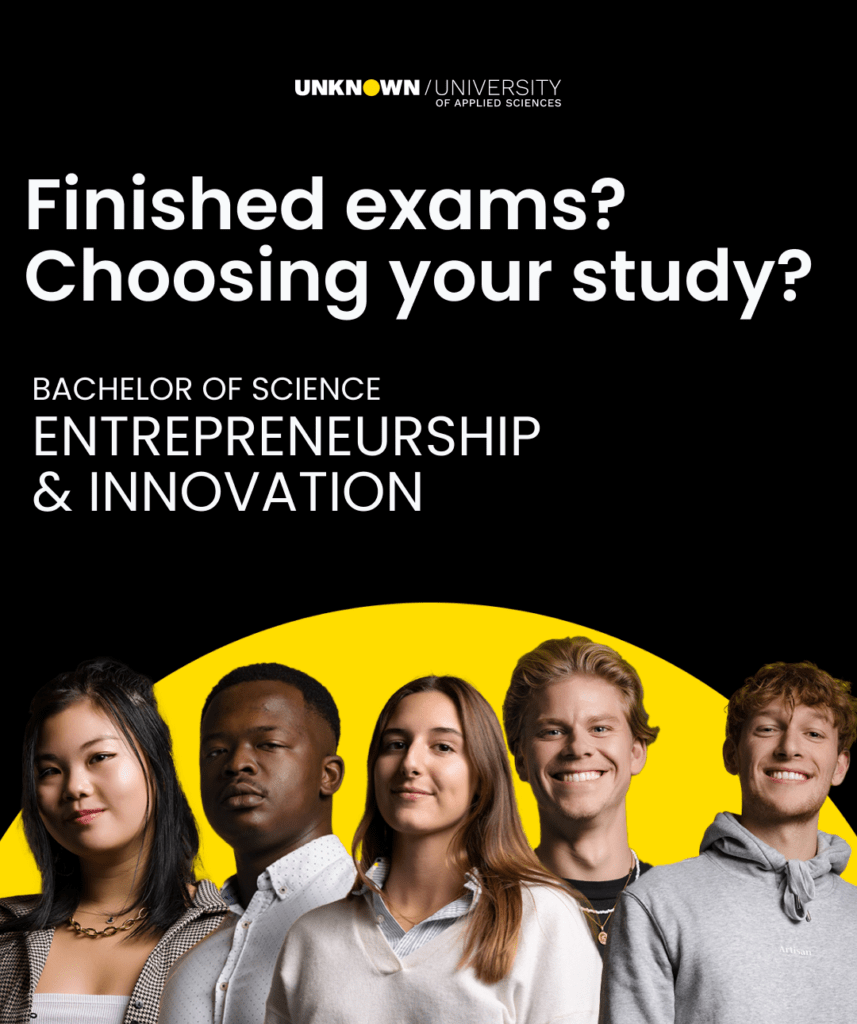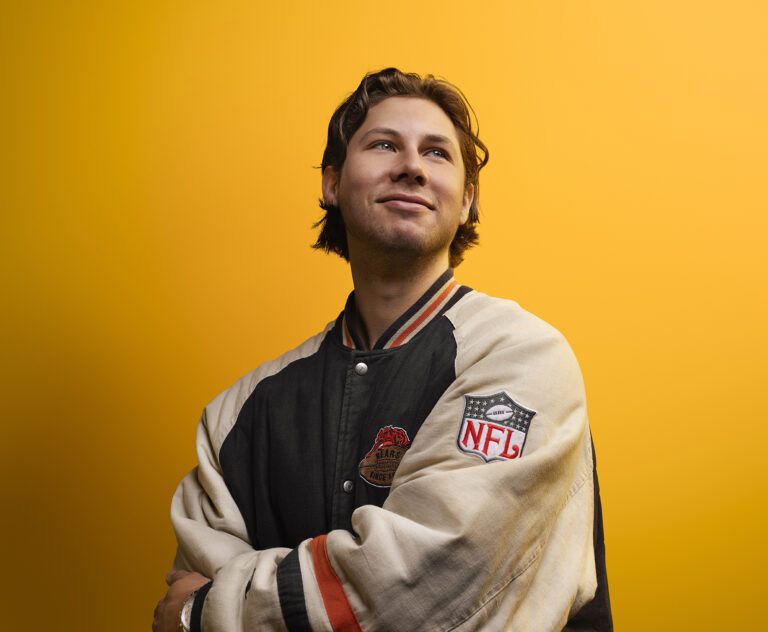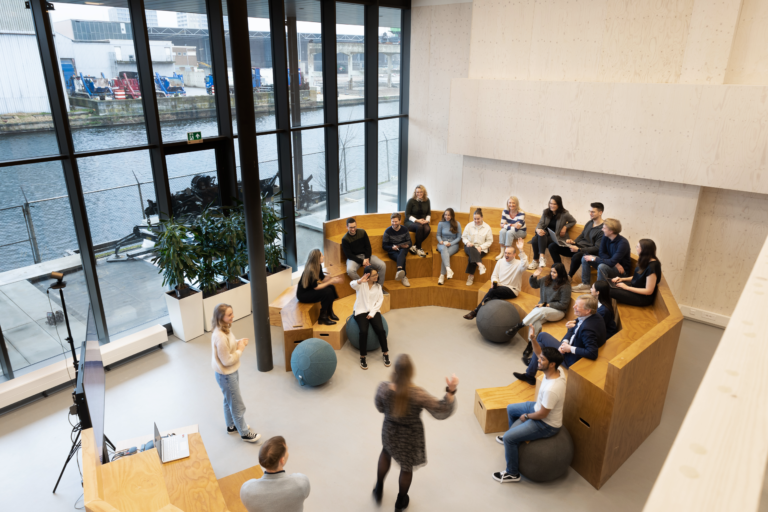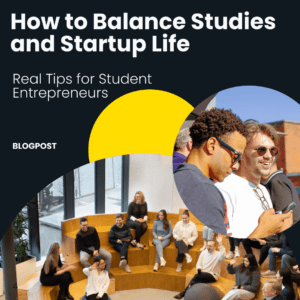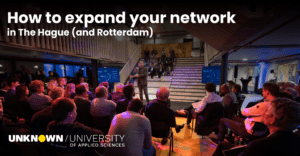How did you get into the world of entrepreneurship?
I’ve been an entrepreneur for nearly 20 years now. At the beginning of my entrepreneurial journey, I wrote television scripts. I was also a presenter and sometimes an actress, although I do not call myself an actress, I just worked as one. And slowly it evolved, my venture evolved. I was on national television for what felt like forever, but was actually a bit more than a decade, and I did about everything there. But then one day there came a question of if I would be interested in coaching new presenters. I didn’t know if I could do that, but it sounded like fun so I decided to try it. I noticed that I liked it, and the people I helped liked it as well. I then thought, ‘who can I help better than presenters,’ because I really wanted, I felt a drive in me, to help people with a mission. And I was thinking ‘who has a mission?’ And of course, that’s people in start-ups. People in start-ups have a mission. People at C-level have a mission. So that’s who I decided to start working with.
How did you end up at Unknown University of Applied Sciences?
Well, from the part where I started coaching people, it was first podium presence, being strong in communication, having the right content, etc. It then developed also into leadership, team culture, and how to hire the right team. That was everything that I had dealt with in my entrepreneurial journey, and coached people with and for. At some point, I was asked to be a mentor in accelerators both within the Netherlands and abroad. In there it’s like some sort of pressure cooker, wherein sometimes a few days or a week, but also sometimes multiple weeks or even months you help start-ups grow toward investment readiness. That you do with a team, and everybody has their own expertise, and you help those startups to flourish within a short amount of time. I learned so much from that as well, because it was not only my expertise that I could share, but other people shared their expertise with me. So I learned how to understand investors, and I learned how to understand other stakeholders; and then I was asked to join a University of Applied Sciences. They asked me, ‘can you do with our students what you’re doing in business life?’ and I said, ‘Yeah, I think I can.’ That made me start loving education as well. So I had to reinvent myself, as I’ve always done. At some point I just felt like asking a good friend of mine; I said, ‘I have a feeling there’s somebody I need to have a cup of coffee with.’ Sounds stupid, right? I don’t know. Not in my book. It does sound a little bit strange, but I just felt I should ask this person. And he said, ‘it’s stupid I didn’t think of that before but yes, you should have coffee with Thomas Blekman. He’s doing similar things, and he just started this new education and you should meet I guess,’ and so we met, and here I am.
You had some time being a learning coach, how was that?
I started as a learning coach here, that was the first year I came in. I knew students already in the sense that I worked with them before. But what I liked here is that because of the different system, and because of the function of a learning coach, I was able to connect more. In regular universities where I worked before, there was this need and want for this kind of coaching connection, both from the students and from the institution, but just not the time to facilitate it. And, it was really part of my nature, of course. What I noticed here was that it was great to be close to the students, to be able to talk with them; sometimes one on one in a coaching guiding session, in smaller groups, or in the class setting, which is also a small group. It means that you really get to see how they develop. And what I like right now is if I see the students that I started with a few years back, and I can see how they evolved into a different attitude. They’ve just grown so much. It makes me feel, not so much pride, of course I’m proud but, it’s really like I’m so happy to see that they are evolving. And also maybe becoming, you know, themselves.
You are now the program director, can you discuss what that is exactly? How did you evolve into that role?
What I noticed was that I also liked to have certain educational processes. Controlled, or at least monitored, right? So I just started implementing a few things… and then implemented some more, and it inspired me. I noticed that I was given the room to explore that as well, I received a lot of trust and a lot of freedom, and just started doing it. I have an entrepreneurial profile. At some point, it just made sense for me to evolve into a different role. Since the school is also growing, we’ve grown tremendously, and it’s just more of everything. More modules are running simultaneously, there is more faculty on board: faculty that have a lot of experience in the field, but maybe not always experience as an educator. We help facilitate the educational aspect, as learning coaches but also as an institute. It was very logical because this was also my expertise and love.


